Mother, Creature, Kin
By Chelsea Steinauer-Scudder (Broadleaf Books, 2025)
“How’s Mom doing?” When I was pregnant, every nurse or doctor seemed to ask this question. The first few times, I paused, waiting for someone else to answer. Who’s the mother in the room? Later, I started to chafe at the title, well-intentioned though it was. I felt I’d vanished and been replaced by a vessel for an as-yet-unborn child.
In Mother, Creature, Kin, Chelsea Steinauer-Scudder critiques this reduction of women to mothers as soon—or even before—they have children, expanding what it means to be a mother, beyond gender, biology, or even humanity.
Throughout these essays, Steinauer-Scudder asks: What is a mother, really? According to her, it is not just someone who bears or raises a child. It is about supporting and nurturing the web of creation. Humans, whales, barn owls, trees—even single-celled foraminifera—are mothers.
Blending memoir, ecology and botany, spirituality, and literary reflection, Steinauer-Scudder invites us into an understanding of motherhood that is rooted in place and relationship. This is not a sentimental book. Parenting, for Steinauer-Scudder, exists at the edges, between vulnerability and safety. She writes of barn owls devoured by predators, baby right whales born into a species at the edge of extinction, and human threats to children such as school shooters.
Yet, she insists, a healed world is possible. In an age of ecological collapse, when “we live in a way that spells our own demise,” Mother, Creature, Kin asks what it means to mother into a future that may not be what we expected or hoped for. The answer, for Steinauer-Scudder, is to choose love, even when hope is distant.
In refusing to let motherhood be small, this book becomes a radical act of resistance. The future, Steinauer-Scudder reminds us, needs mothers—of every kind.
—Emily Sanna
Unforgivable
By Kevin Lewis O’Neill (University of California Press, 2025)
Just when you hoped for an end to news about clerical sexual abuse, another probing, deeply disturbing study comes along. In Unforgivable: An Abusive Priest and the Church That Sent Him Abroad, cultural anthropologist Kevin Lewis O’Neill highlights the career of David Roney, who became a priest at his 1945 ordination and a publicly acknowledged sexual predator at a clerical treatment center in 1987.
Up to that point, Roney had been shuffled from parish to parish and even moved to the smaller, rural diocese of New Ulm, Minnesota. Despite this diagnosis, Roney returned to the diocese. His offenses continued. By 1994, Bishop Raymond Lucker had a damning file on Roney, including letters from his victims.
To achieve a more permanent solution, protect church assets, and avoid scandal, the bishop allowed Roney to retire to the diocese’s mission in Guatemala. There, free from watchful eyes, Roney embedded himself in family life and even “adopted” a young child.
O’Neill argues that sexual deviancy was not a category in Guatemala so clerical sexual abuse simply went under the radar. The church took advantage of this gap by systematically transferring priests across international borders. O’Neill lists many such transfers, to Latin America and beyond.
In telling Roney’s story, O’Neill discusses many victims, enablers, and adversaries, none more compelling than Roney’s adoptee, called Justina in the book. In the final section, O’Neill details how he helped her understand the relationship as abusive. With the assistance of attorneys and therapists, he tried to get her justice. Roney’s bankrupt diocese awarded her a pittance. This failure fuels the barely restrained anger that coexists with the book’s meticulous sourcing, bibliography, and index.
—Maryanne Hannan
Briefly noted:
Earthbound: God at the Intersection of Climate and Justice
By Grace Ji-Sun Kim (Orbis Books)
Drawing on Christian theology and ecological science, Grace Ji-Sun Kim calls readers to reimagine God not as transcendent and distant but as deeply rooted in the Earth.
Bring Back Your People: Ten Ways Regular Folks Can Put a Dent in White Christian Nationalism
By Aaron Scott (Broadleaf Books)
Bring Back Your People is a 10‑step roadmap empowering everyday folks to reconnect with the people drawn into Christian nationalism and to offer them genuine belonging, hope, and justice rooted in community and faith.
Black and Catholic
By Tia Noelle Pratt (Notre Dame Press)
Documenting the systemic racism faced by Black Catholics, Pratt fills a glaring and essential gap in both Catholic and Black history.
This article also appears in the August 2025 issue of U.S. Catholic (Vol. 90, No. 8, page 39). Click here to subscribe to the magazine.


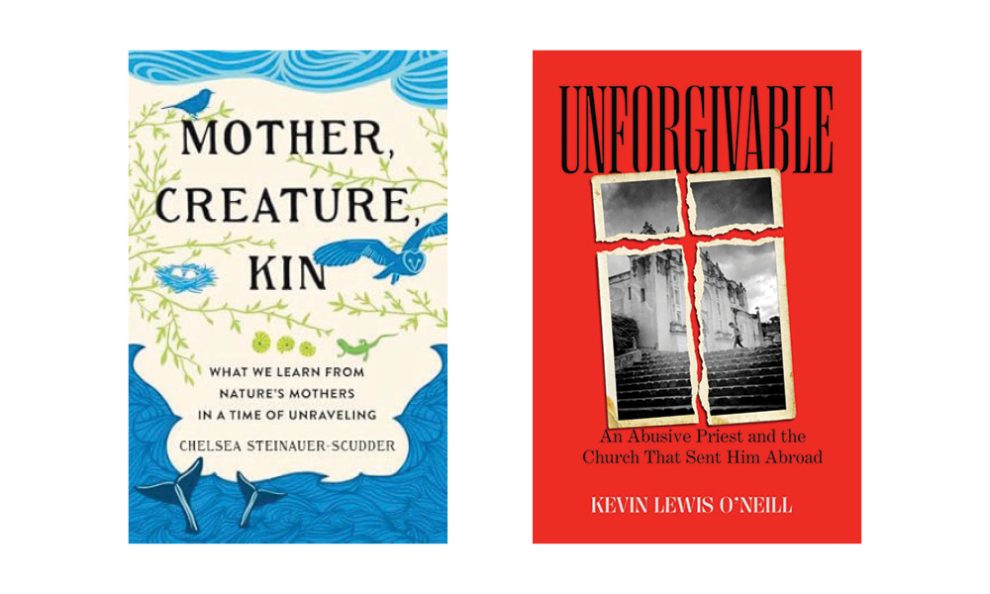
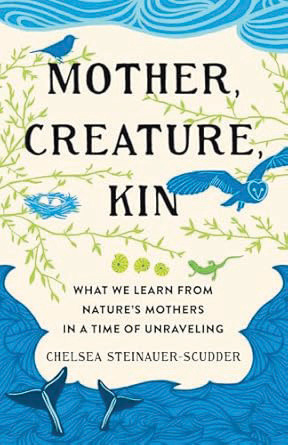

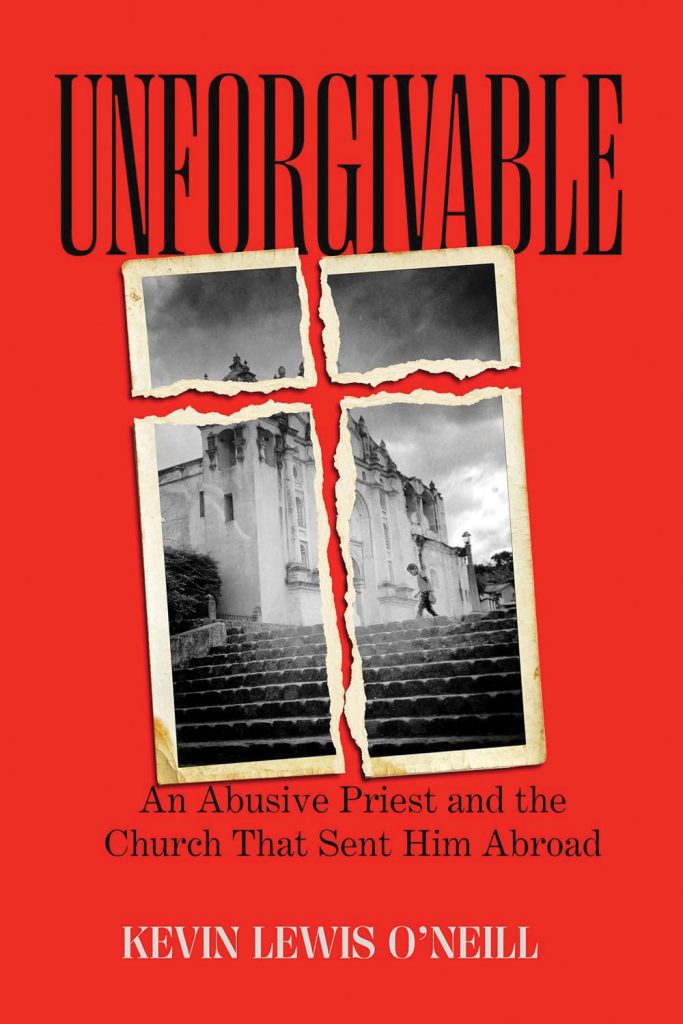
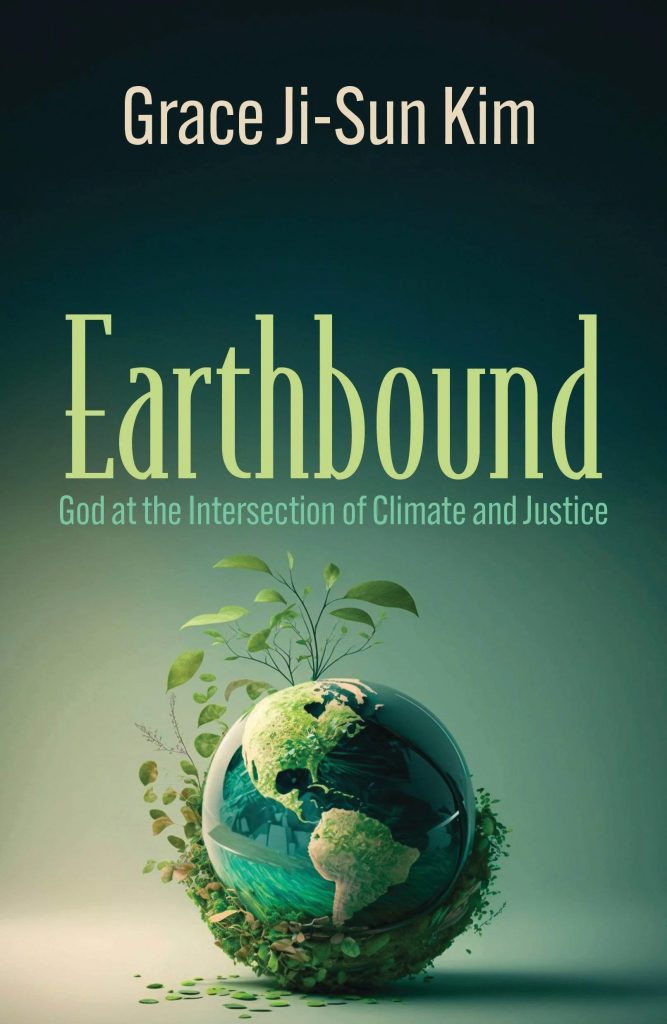

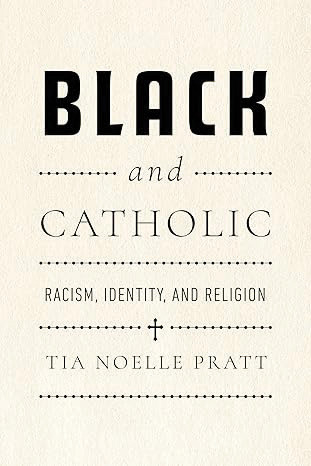











Add comment